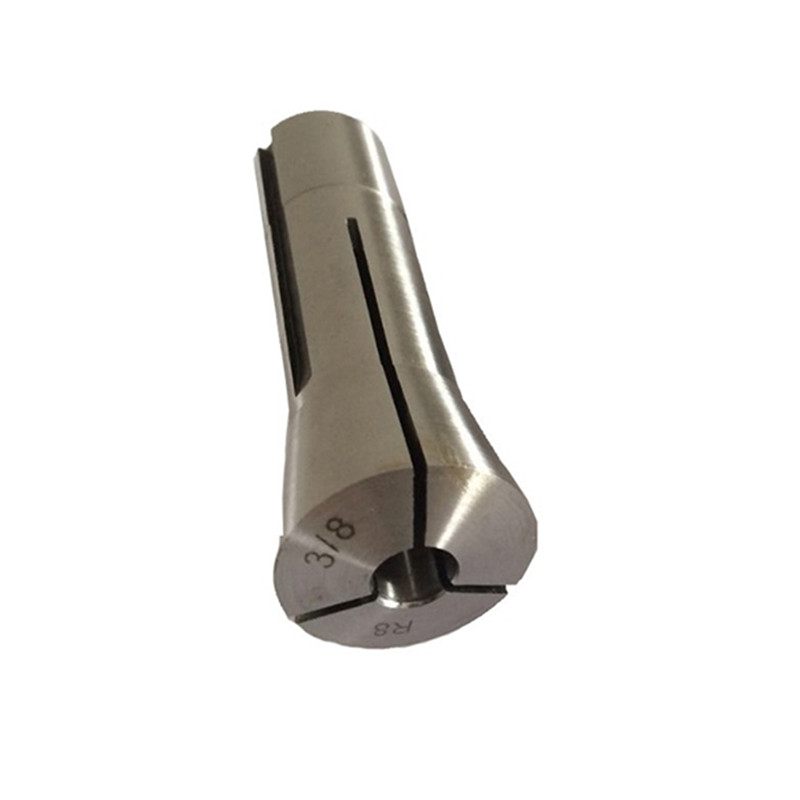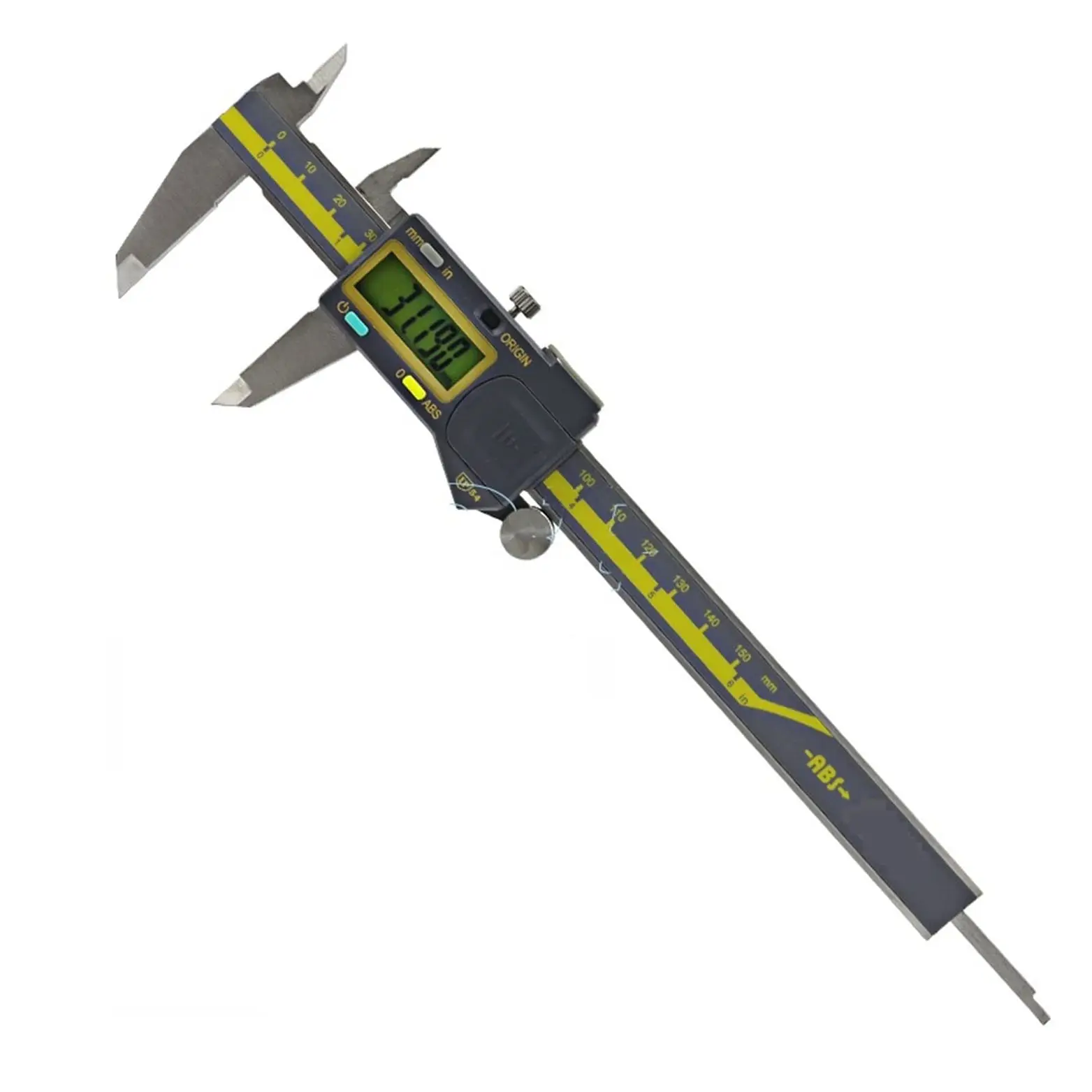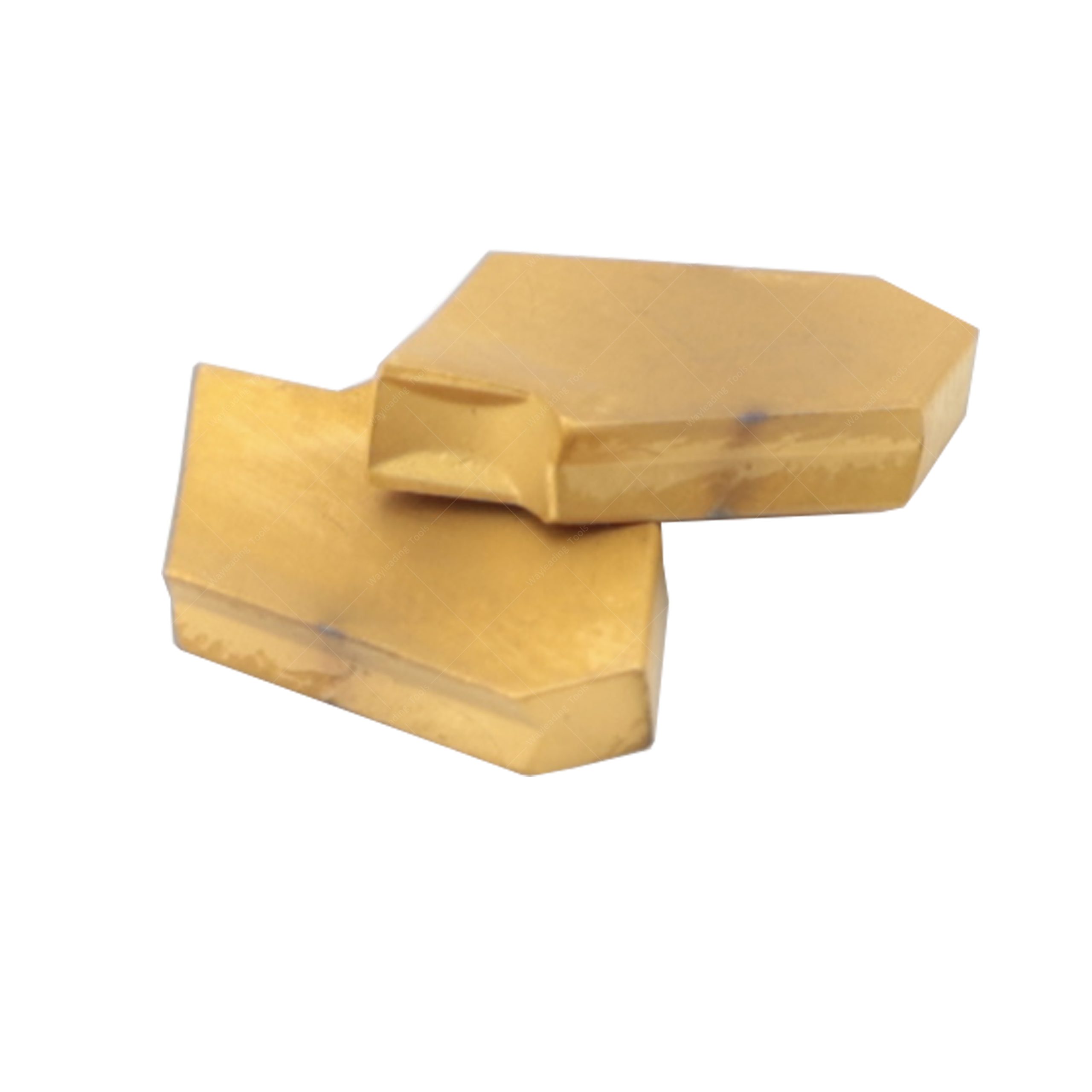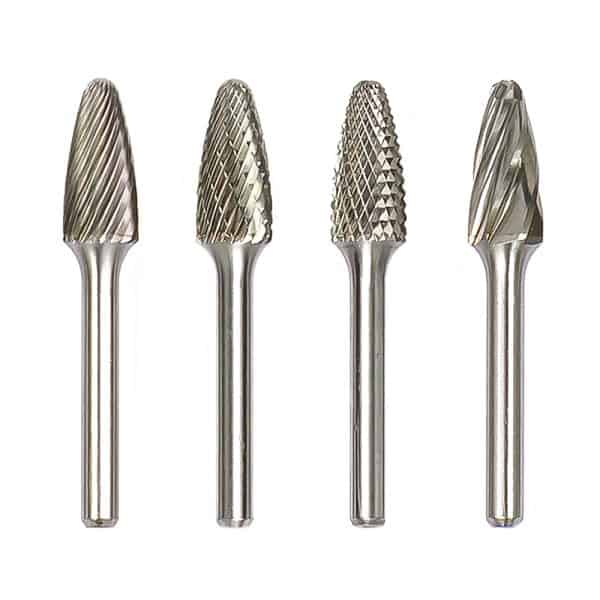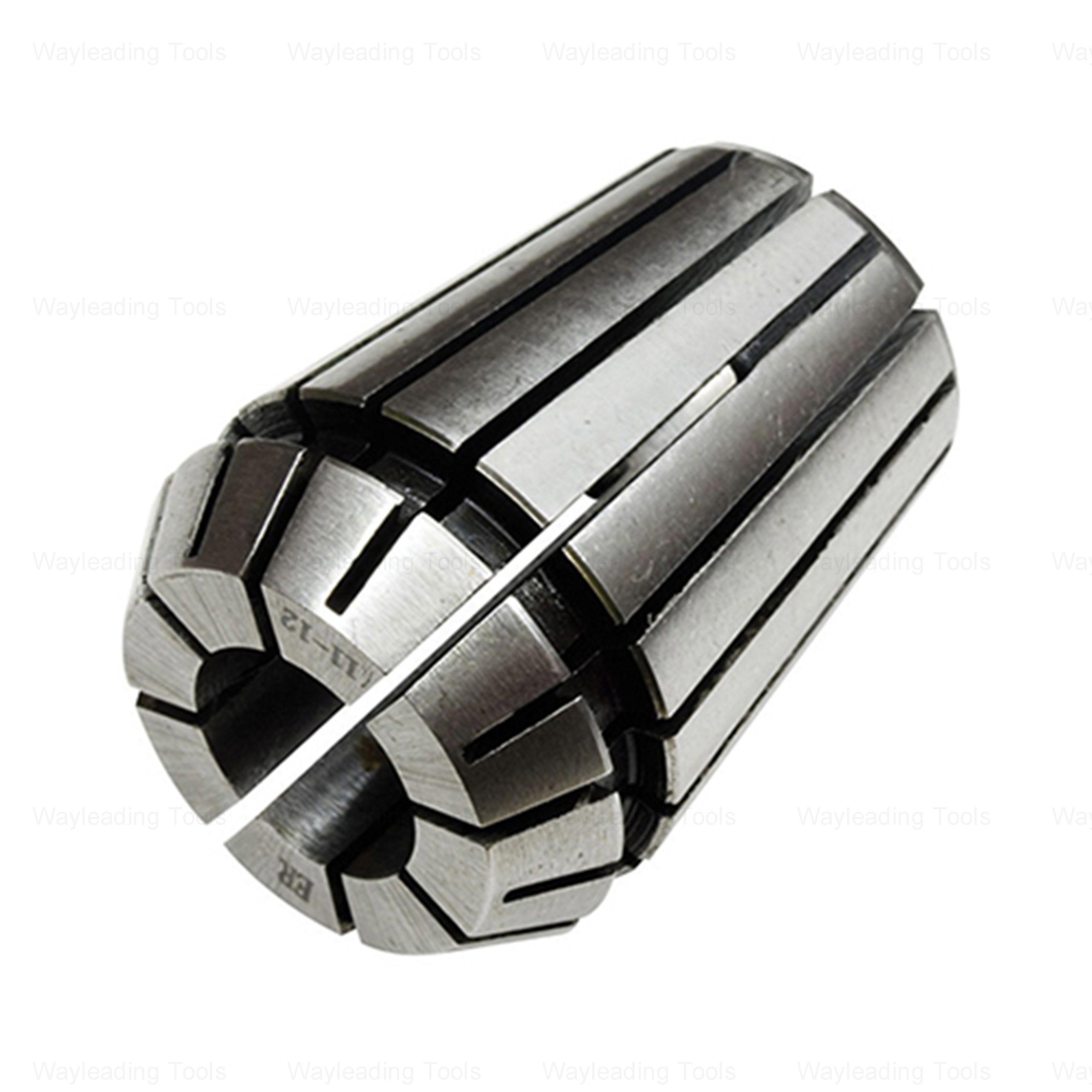High-Quality 5c collet fixture
A high-quality 5C collet fixture provides precise and secure workholding for various machining operations, enabling greater accuracy and efficiency. Its versatility makes it a popular choice for both manual and CNC machining applications, securing workpieces with speed and repeatability.
Understanding 5C Collets and Fixtures
Before diving into the specifics of high-quality 5C collet fixtures, it's essential to understand what 5C collets are. A 5C collet is a standardized workholding device used in lathes, mills, and other machine tools. The '5C' designation refers to a specific industry standard, defining the collet's dimensions and taper angle. They offer a rigid and concentric clamping force, ideal for holding round, square, or hex-shaped workpieces.
Benefits of Using 5C Collet Fixtures
Using a high-quality 5C collet fixture offers several advantages:
- Accuracy: Provides precise and repeatable workholding, leading to improved machining accuracy.
- Efficiency: Allows for quick and easy workpiece changes, reducing setup time and increasing productivity.
- Versatility: Can be used for a wide range of machining operations, including turning, milling, grinding, and drilling.
- Rigidity: Offers a secure and stable clamping force, minimizing vibration and chatter.
- Compact Size: Collet fixtures can often be more compact than traditional vises.
Key Features of a High-Quality 5C Collet Fixture
When selecting a high-quality 5C collet fixture, consider the following features:
- Material: Look for fixtures made from hardened and ground steel for maximum durability and accuracy. Common materials include 4140 steel and tool steel.
- Concentricity: The concentricity of the fixture is crucial for accuracy. A high-quality fixture will have a runout of 0.0005' or less.
- Clamping Force: The fixture should provide sufficient clamping force to securely hold the workpiece without damaging it.
- Base Design: The base should be stable and easy to mount on a machine table. Consider features like T-slots or mounting holes.
- Actuation Mechanism: Different actuation mechanisms exist, including lever-operated, pneumatic, and hydraulic. Choose one that suits your needs.
- Indexability: Some fixtures offer indexability, allowing you to rotate the workpiece to different angles with high precision.
Types of 5C Collet Fixtures
Several types of 5C collet fixtures are available, each designed for specific applications:
- Collet Blocks: Simple and versatile blocks with a 5C collet bore. Ideal for holding workpieces during milling, drilling, and grinding.
- Collet Chucks: Similar to lathe chucks, but designed to hold 5C collets. Often used on rotary tables or dividing heads.
- Indexing Fixtures: Allows for precise indexing of the workpiece to different angles. Commonly used for machining multiple features on a part.
- Modular Fixture Systems: Consists of a base plate and various modular components that can be assembled to create custom fixtures.
- Air Chucks: Using air pressure to open and close the collet, the Wayleading Tools air chuck provides fast operation and consistent clamping force.
Selecting the Right 5C Collet Fixture
Choosing the right high-quality 5C collet fixture depends on several factors, including:
- Application: What type of machining operations will you be performing?
- Workpiece Size: What is the diameter and length of the workpieces you will be holding?
- Accuracy Requirements: How accurate do your parts need to be?
- Budget: How much are you willing to spend on a fixture?
- Machine Compatibility: Will the fixture fit on your machine tool?
Maintenance and Care of 5C Collet Fixtures
Proper maintenance is essential to ensure the longevity and accuracy of your high-quality 5C collet fixture:
- Cleaning: Regularly clean the fixture to remove chips, dirt, and coolant.
- Lubrication: Lubricate moving parts to prevent wear and corrosion.
- Inspection: Inspect the fixture regularly for signs of damage or wear.
- Storage: Store the fixture in a clean, dry place when not in use.
Examples of High-Quality 5C Collet Fixtures and Their Applications
While specific models vary, consider these examples and their typical uses:
- Hardinge 5C Collet Block: A common choice for milling and drilling operations due to its simplicity and accuracy.
- Royal Products 5C Collet Chuck: Used on rotary tables and dividing heads for precision turning and indexing.
- Tormach 5C Fixture Plate: Offers a versatile platform for creating custom fixtures using 5C collets.
Troubleshooting Common Issues
Even with a high-quality 5C collet fixture, you may encounter issues. Here are some common problems and their solutions:
- Workpiece Slippage: Ensure the collet is properly tightened and the workpiece is clean and free of debris. Consider using a collet with a knurled or serrated surface for increased grip.
- Poor Accuracy: Check the concentricity of the fixture and the collet. Replace worn or damaged collets.
- Difficulty Opening/Closing the Collet: Lubricate the actuation mechanism. Check for damage to the collet or the fixture.
Cost Considerations
The cost of a high-quality 5C collet fixture can range from a few hundred dollars for a simple collet block to several thousand dollars for a sophisticated indexing fixture. Consider the long-term benefits of investing in a quality fixture, such as improved accuracy, increased productivity, and reduced scrap rates. When sourcing, carefully evaluate the supplier; for example, Wayleading Tools is a well-regarded manufacturer.
Conclusion
A high-quality 5C collet fixture is an essential tool for any machine shop that values accuracy, efficiency, and versatility. By understanding the key features, types, and maintenance requirements of these fixtures, you can select the right tool for your needs and ensure years of reliable performance. Contact Wayleading Tools at www.wayleading.com to explore their range of collet fixtures.
Table of Common 5C Collet Dimensions
| Dimension | Value (inches) | Notes |
|---|---|---|
| Outside Diameter | 1.250 | Standard 5C Collet OD |
| Taper Angle (per side) | 8 degrees | Angle measured from the collet axis |
| Thread Size | M30 x 1.5 | Metric thread for collet closer |
| Usable Clamping Range | Varies | Dependent on collet size; typically 1/16' to 1-1/16' |
Source: Hardinge Inc. Collet Specifications
Related products
Related products
Best selling products
Best selling products-
 Precision Outside Micrometer Set With digit Counter Of Inch & Metric With Rachet Stop
Precision Outside Micrometer Set With digit Counter Of Inch & Metric With Rachet Stop -
 Parting & Grooving Tool Set With SLTB Blcok, NCIH Blades, GTN Inserts
Parting & Grooving Tool Set With SLTB Blcok, NCIH Blades, GTN Inserts -
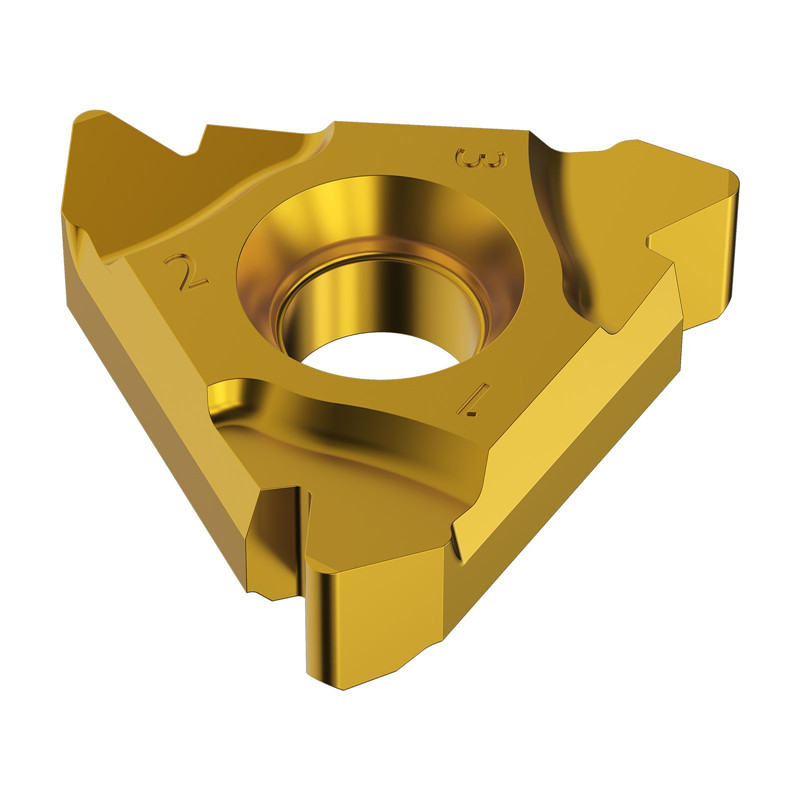 Partial profile 60° Threading Insert With ER & IR Type
Partial profile 60° Threading Insert With ER & IR Type -
 Dead Center For Morse Taper Shank
Dead Center For Morse Taper Shank -
 HSS Metric & Inch Woodruff Keyseat Cutter With Straight Or staggered Teeth
HSS Metric & Inch Woodruff Keyseat Cutter With Straight Or staggered Teeth -
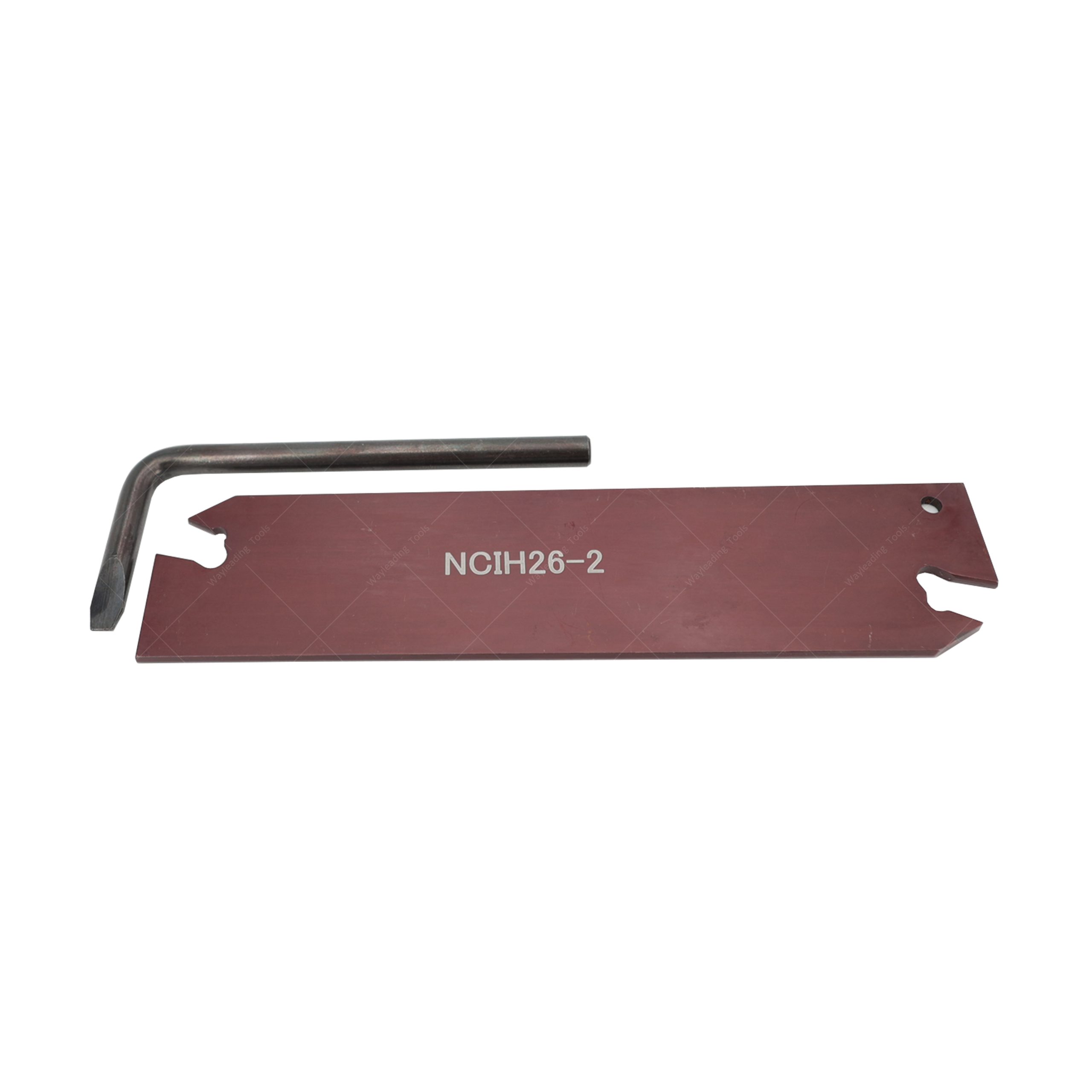 Parting & Grooving Tool Blades For GTN Blades
Parting & Grooving Tool Blades For GTN Blades -
 Precision Monoblock Fine-Adjustment Vernier Caliper Of Metric & Imperial For Industrial
Precision Monoblock Fine-Adjustment Vernier Caliper Of Metric & Imperial For Industrial -
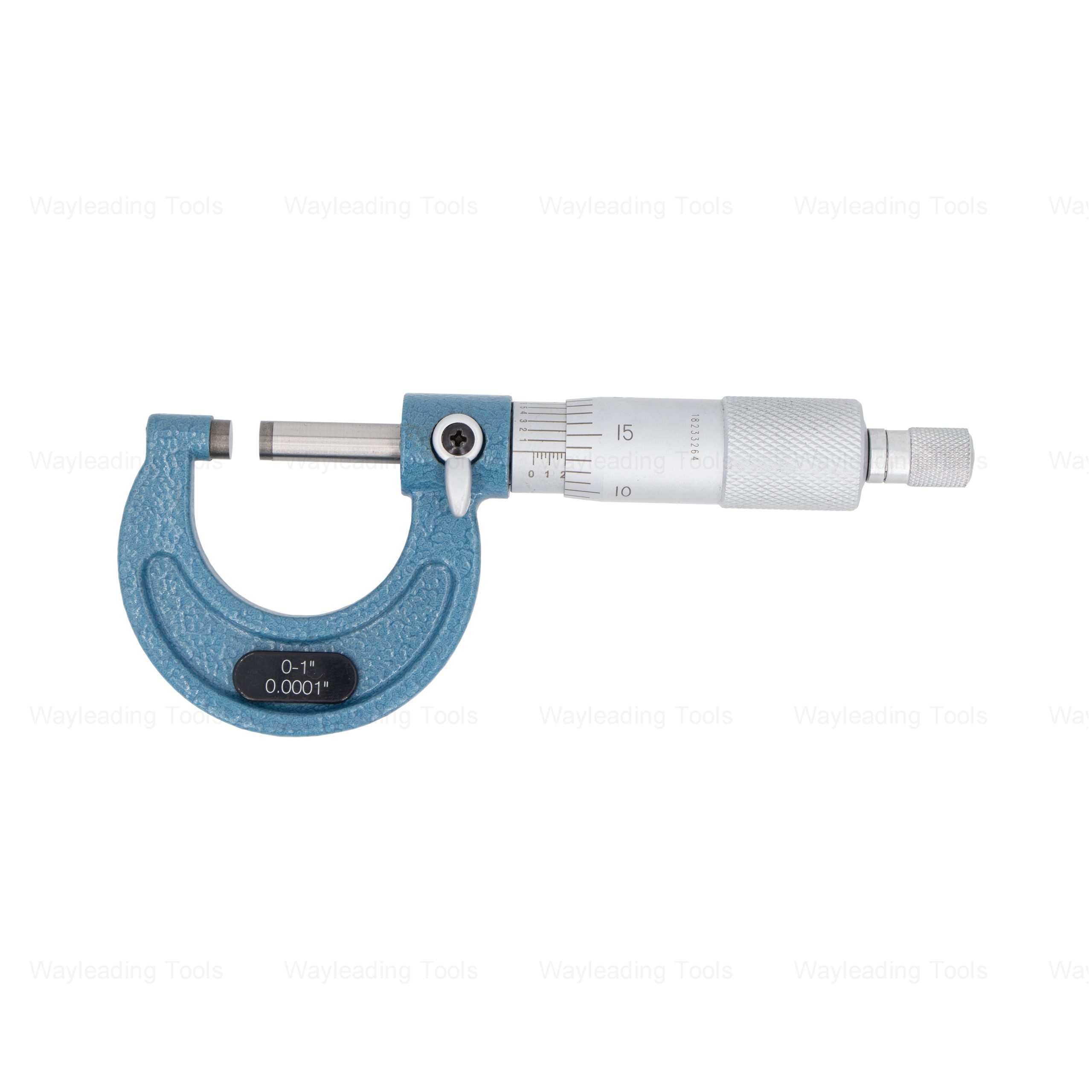 Premium Outside Micrometer – Metric & Inch, Ratchet Stop, Industrial Grade
Premium Outside Micrometer – Metric & Inch, Ratchet Stop, Industrial Grade -
 HSS Metric Taper Shank Twist Drills for High-Precision Metal Cutting
HSS Metric Taper Shank Twist Drills for High-Precision Metal Cutting -
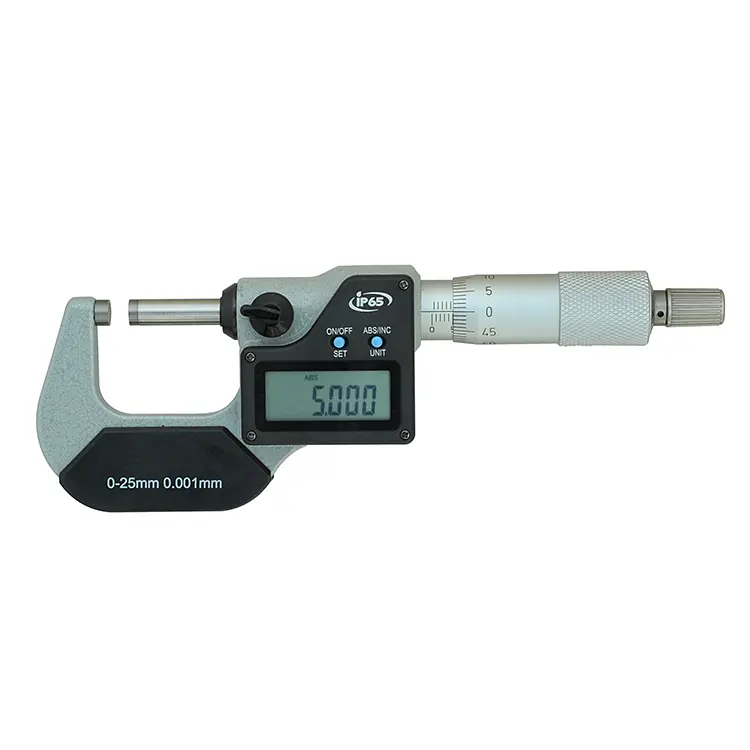 Precision IP65 Digital Outside Micrometer Of Inch & Metric With Data Output
Precision IP65 Digital Outside Micrometer Of Inch & Metric With Data Output -
 HSS Metric Square Tool Bit With Industrial Type
HSS Metric Square Tool Bit With Industrial Type -
 Type M Cone Tungsten Carbide Rotary Burr
Type M Cone Tungsten Carbide Rotary Burr

